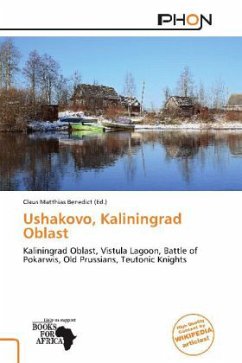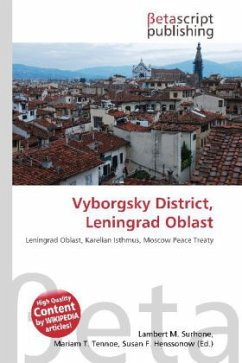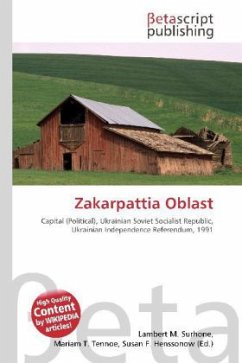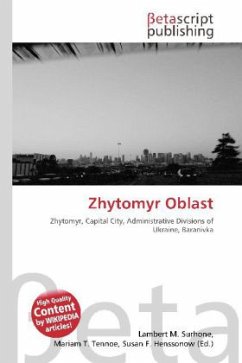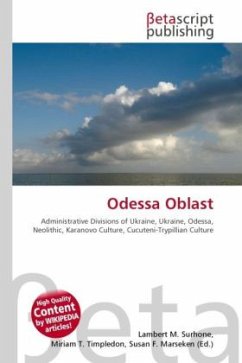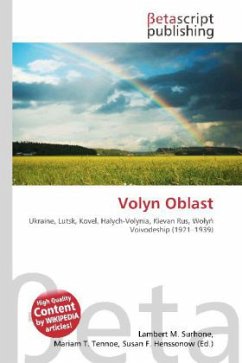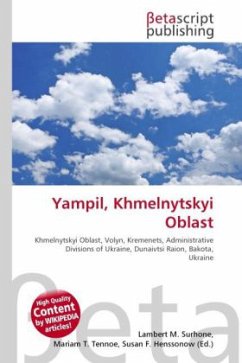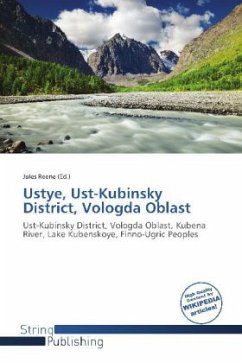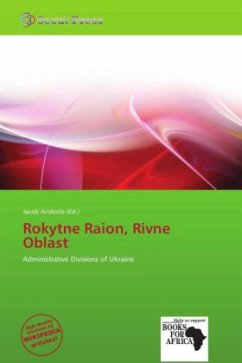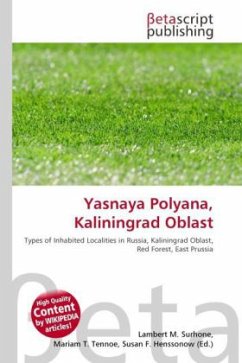
Yasnaya Polyana, Kaliningrad Oblast
Versandkostenfrei!
Versandfertig in 6-10 Tagen
23,99 €
inkl. MwSt.

PAYBACK Punkte
12 °P sammeln!
High Quality Content by WIKIPEDIA articles! Yasnaya Polyana, prior to 1945 known by its German name Trakehnen (Russian: ; German: Trakehnen; Lithuanian: Trak nai; Polish: Trakany) is a settlement in Kaliningrad Oblast, Russia, southeast of the Red Forest. The settlement was originally the East Prussian town of Trakehnen, named after the Old Prussian word trakis, meaning "great bog". The territory was drained in 1731. After the Soviet Union occupied East Prussia at the end of World War II and divided the province between the Kaliningrad Oblast, Poland, and Lithuania, the settlement was renamed ...
High Quality Content by WIKIPEDIA articles! Yasnaya Polyana, prior to 1945 known by its German name Trakehnen (Russian: ; German: Trakehnen; Lithuanian: Trak nai; Polish: Trakany) is a settlement in Kaliningrad Oblast, Russia, southeast of the Red Forest. The settlement was originally the East Prussian town of Trakehnen, named after the Old Prussian word trakis, meaning "great bog". The territory was drained in 1731. After the Soviet Union occupied East Prussia at the end of World War II and divided the province between the Kaliningrad Oblast, Poland, and Lithuania, the settlement was renamed from Trakehnen to Yasnaya Polyana ("clear glade"). Although the settlement received a new name, the Russian name has a similar reference to the land, as Polje means "field" or "glade". The land was off-limits to all people outside of the Soviet Union for fifty years and information about it was almost non-existent. After the fall of the Iron Curtain, some far right German conservatives unsuccessfully attempted to resettle ethnic Germans from Russia and Kazakhstan in Yasnaya Polyana.



